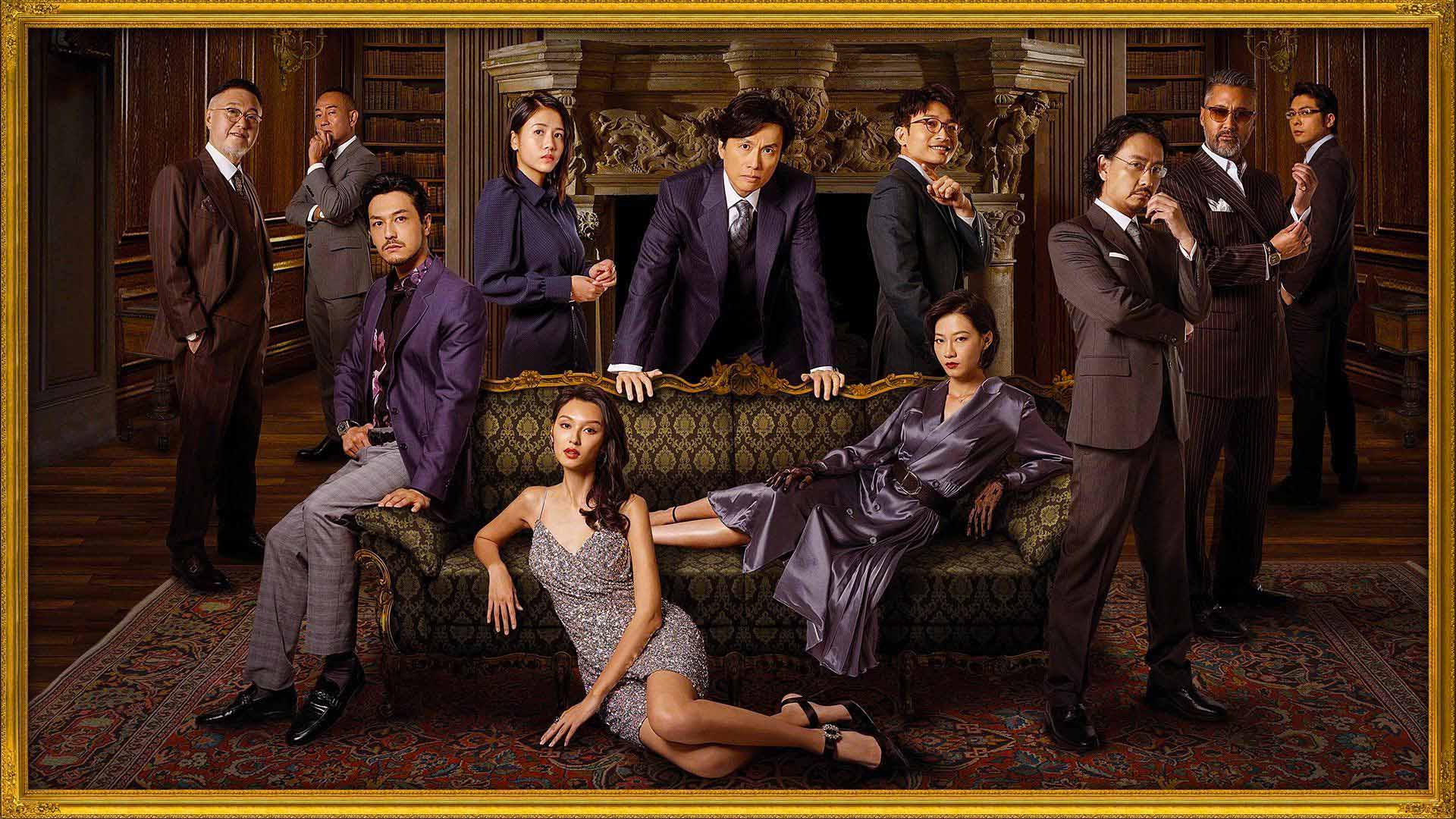The Courtroom Drama That Had Everyone Cheering
Some stories make you think, while others make you want to stand up and cheer. A Guilty Conscience (毒舌大狀) is the kind of movie that does both. This legal drama took audiences by storm, becoming a cultural sensation and one of the best HK films in recent memory. It delivers the sharp dialogue and moral complexity you might find in a film like The Sparring Partner, but channels it into a powerful story of redemption that connects with everyone.
This film was more than just a hit; it was a phenomenon that won Best Film at the Hong Kong Film Awards. Here’s a quick guide to what made it resonate so deeply:
- An Underdog Story: The movie follows a cynical but brilliant lawyer who, due to his own mistake, sees an innocent client sent to prison. Years later, he gets a second chance to fight a corrupt system and clear her name.
- A Tour-de-Force Performance: Dayo Wong, known mostly for his comedy, delivers a powerhouse dramatic performance. His portrayal of the “poison tongue” lawyer is full of fire, wit, and raw emotion.
- Thrilling Courtroom Battles: The film is packed with intense, satisfying courtroom scenes. The sharp script and dramatic confrontations make the fight for justice feel immediate and deeply personal.
A Second Chance at Justice
The story centers on Adrian Lam, a lawyer who has let his cynicism get the better of him. He switches from being a magistrate to a private barrister, hoping for a bigger payday. In his first major case, his carelessness and arrogance lead to a catastrophic outcome: his client, a single mother named Jolian Tsang, is wrongfully convicted of murdering her daughter and sentenced to prison.
Haunted by his failure, Adrian’s life spirals. He is consumed by guilt and loses his professional edge. The film then jumps forward two years, where an unexpected opportunity arises to appeal the case. This is Adrian’s one shot at redemption—not just to free an innocent woman, but to forgive himself. He reassembles his legal team for a high-stakes battle against a powerful, wealthy family that will do anything to keep the truth buried.
What follows is not just a legal fight, but a moral crusade. The story is structured perfectly to build suspense, revealing new evidence and shocking betrayals along the way. It sets up a clear battle between the powerless and the powerful, making it easy for the audience to root for Adrian’s relentless pursuit of the truth.
The Power of a “Poison Tongue”
The film’s Chinese title, 毒舌大狀, translates to “Poison Tongue Barrister,” which perfectly captures the main character. Adrian Lam’s greatest weapon is his mouth. He is witty, sarcastic, and brutally sharp. The script is filled with memorable lines and fiery monologues that had audiences applauding in theaters. The dialogue isn’t just clever; it’s the engine of the entire movie.
The courtroom scenes are the main attraction. They are not dry or technical. Instead, they are electric with tension. Director Jack Ng films these sequences with energy and pace, turning legal arguments into thrilling confrontations. You see Adrian cross-examining witnesses with surgical precision, setting verbal traps, and delivering passionate speeches about the nature of justice.
This approach makes the film incredibly satisfying to watch. It taps into a universal fantasy of seeing someone use their intelligence and wit to take down bullies. Each small victory in the courtroom feels like a triumph for everyone who has ever felt overlooked or wronged by the system.
A Career-Defining Role for Dayo Wong
For decades, Dayo Wong has been one of Hong Kong’s most beloved comedians. His stand-up routines are legendary, and his comedic timing is unmatched. In A Guilty Conscience, he channels that famous energy into something completely different. While his character still has a sharp wit, the performance is grounded in deep-seated pain and determination.
Wong shows us a man broken by guilt. In the early scenes, his arrogance is clear, but after his failure, you can see the weight he carries. When he gets his second chance, he transforms into a force of nature, driven by a desperate need to make things right. His final speech in the courtroom is a masterclass in emotional delivery, a powerful plea for fairness that feels completely genuine.
This role proved that Wong is not just a comedic actor but a dramatic talent of the highest order. His performance is the heart and soul of the film, and it’s impossible to imagine anyone else in the role.
A Universal Fight for What’s Right
While the story is set within the Hong Kong legal system, its themes are global. The struggle of the common person against a powerful and corrupt elite is something audiences everywhere can understand. The film captured a widespread feeling of frustration and a deep desire to see justice prevail.
Here are some of the universal ideas it explores:
- Redemption: The film is a powerful story about second chances. It suggests that it’s never too late to correct a past mistake, no matter how great.
- The Flaws in the System: It acknowledges that legal systems are run by humans and can be influenced by money and power. Yet, it remains hopeful that dedicated individuals can still make a difference.
- Truth Above All: At its core, the movie is a passionate defense of the truth. It argues that fighting for it is one of the most important things a person can do.
The film serves as a cathartic and inspiring experience. It’s a reminder that even when the odds are stacked against you, the fight for what is right is always a fight worth having.

No Responses